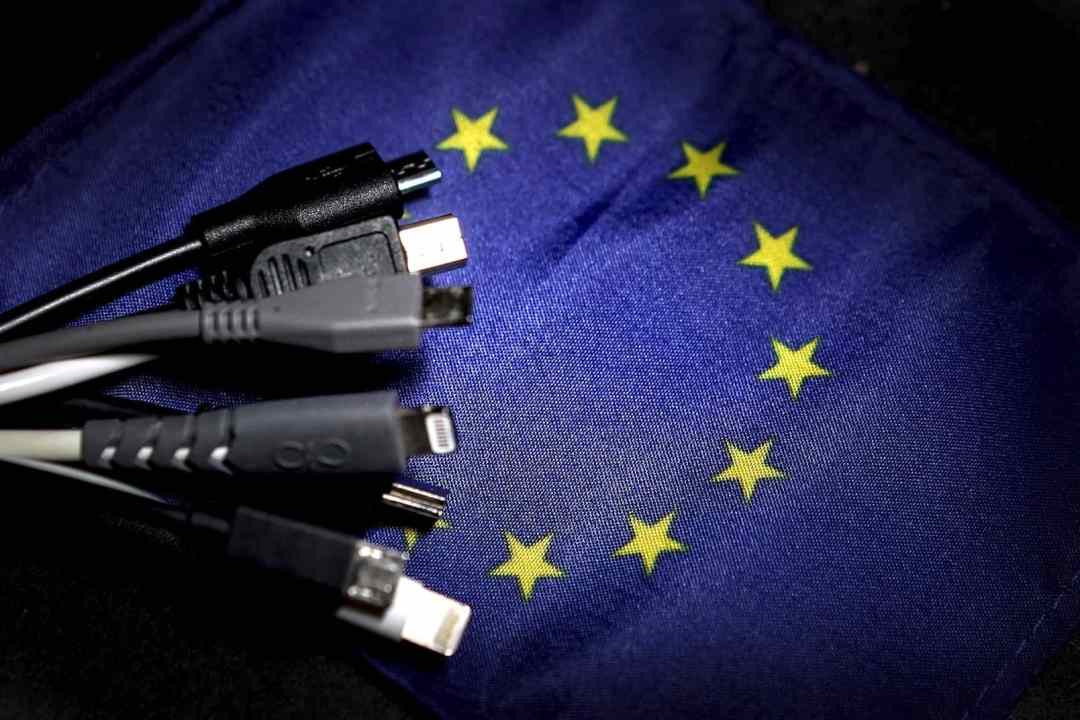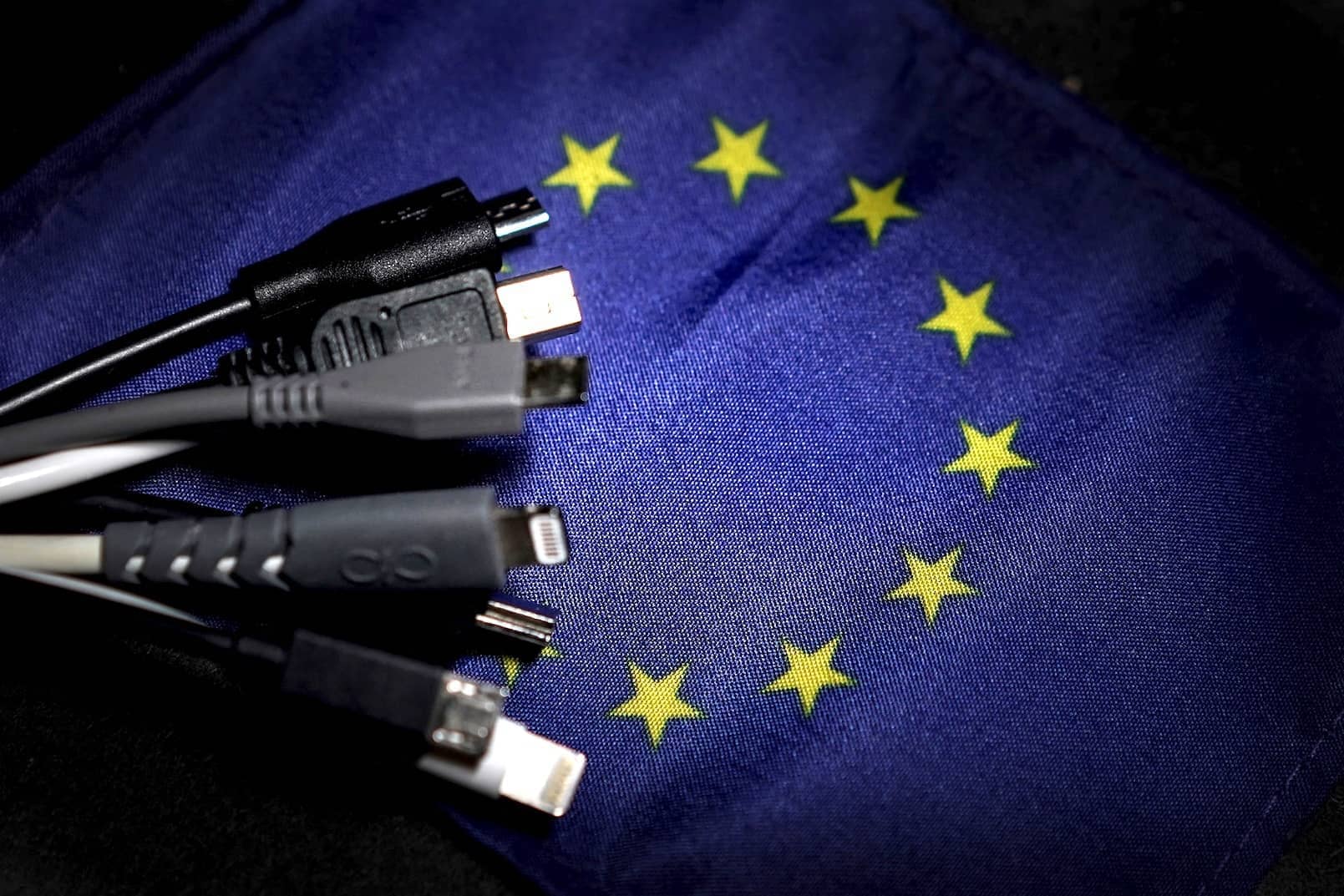Who could argue with the words of the EU’s internal market commissioner Thierry Breton when he says: ‘a common charger is common sense for the many electronic devices in our daily lives’? No longer, it seems, will we have to fiddle around with several different cables, and curse when we have brought the along the wrong one on holiday. M. Breton has just succeeded in introducing a directive which, from 2024, will oblige the manufacturers of all electronic devices on sale in the EU to use the same model of charger. The directive – yet to be rubber-stamped by the European parliament – will ‘increase convenience and cut waste’, as well as apparently saving consumers €250 million (£210 million) a year (although given that the population of the EU is 447 million that doesn’t promise much of a saving per consumer).
For once we can look upon an EU directive from the outside. So should we be upset that we are no longer part of the EU and therefore unable to benefit from the convenience of a single, European charger? Or should we be glad not to be part of it?
Why is there no European equivalent of Microsoft or Apple?
In practical terms, we probably will end up mostly using the single EU model charger. Manufacturers are likely to want to produce standardised products across the EU and therefore will sell in Britain what they are compelled to sell in France and Germany – unless the UK government legislates for a different sort of charger, in which case manufacturers will have to produce unique products for the UK market, at added expense.
Most likely, then, we will be benefitting from the extra convenience of the single EU charger. But we should be wary of cheering this kind of initiative, which rather typifies the difference between the EU and the American way of doing things. The problem with over-legislating for standards is that it stifles innovation and leads to ossification of technology in our lives. Just imagine that you were compelled still to use the charger that came with your first phone, 25 years ago. Would you enjoy carrying that around, even if it would charge your phone, laptop and Kindle? Like so many things, chargers have shrunk in size and weight as manufacturers have improved them. They have experimented with new connections, new adapters, new plugs. Could that have happened, or happened so easily, had the EU legislated for a standard charger in, say, 1999?
The EU may be more consumer-friendly in many respects than the US, but it has to ask itself: why are all the tech giants American? Why is there no European equivalent of Microsoft or Apple? It is hard to avoid the conclusion that while the EU may be more consumer-friendly, the US is a lot more innovation-friendly. In the tech age, the US comes up with most of the ideas – while the EU tries to civilise them.
Where does that leave post-Brexit Britain? It would be naïve to think that staying out of European directives on phone chargers and the like will suddenly spawn British tech giants – in Britain’s case the problem is not so much innovation as companies which lack the global ambitions of their American cousins, and whose entrepreneurs are tempted to sell up too soon to create global giants. But we do need to be thinking: how can we use the advantages of our new status of being beyond the range of EU directives? If we can’t do that then there was no point in Brexit.








Comments